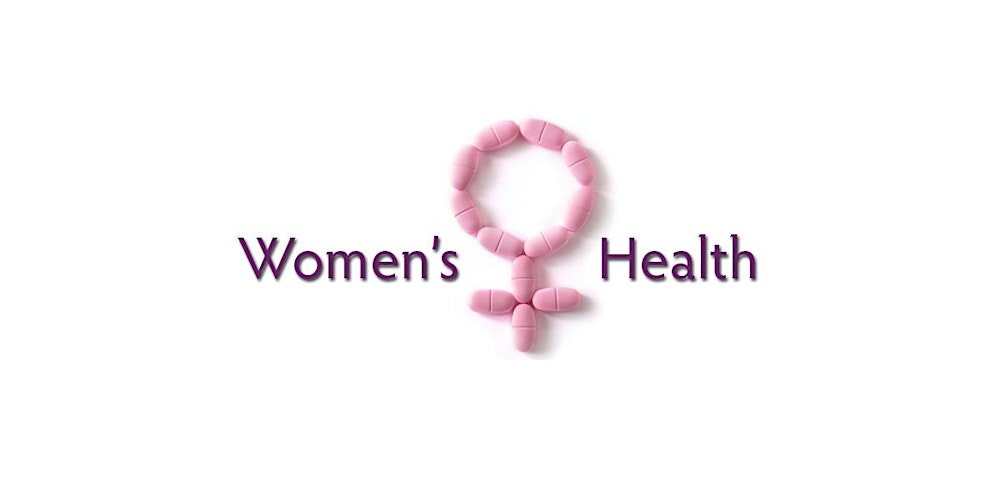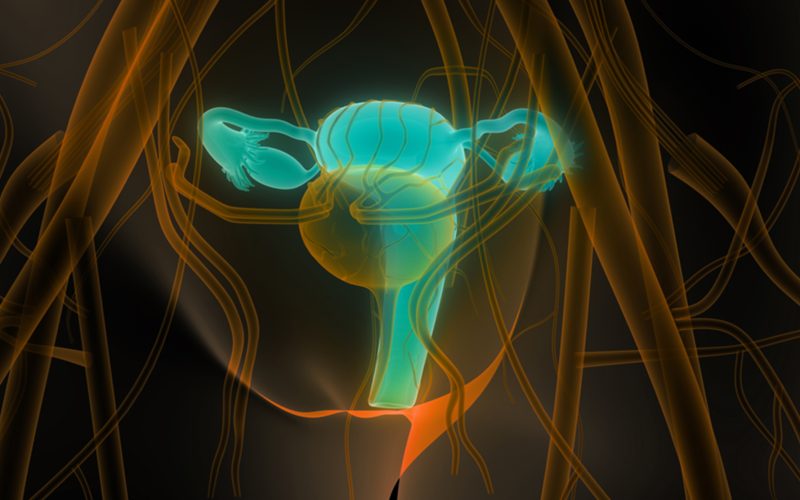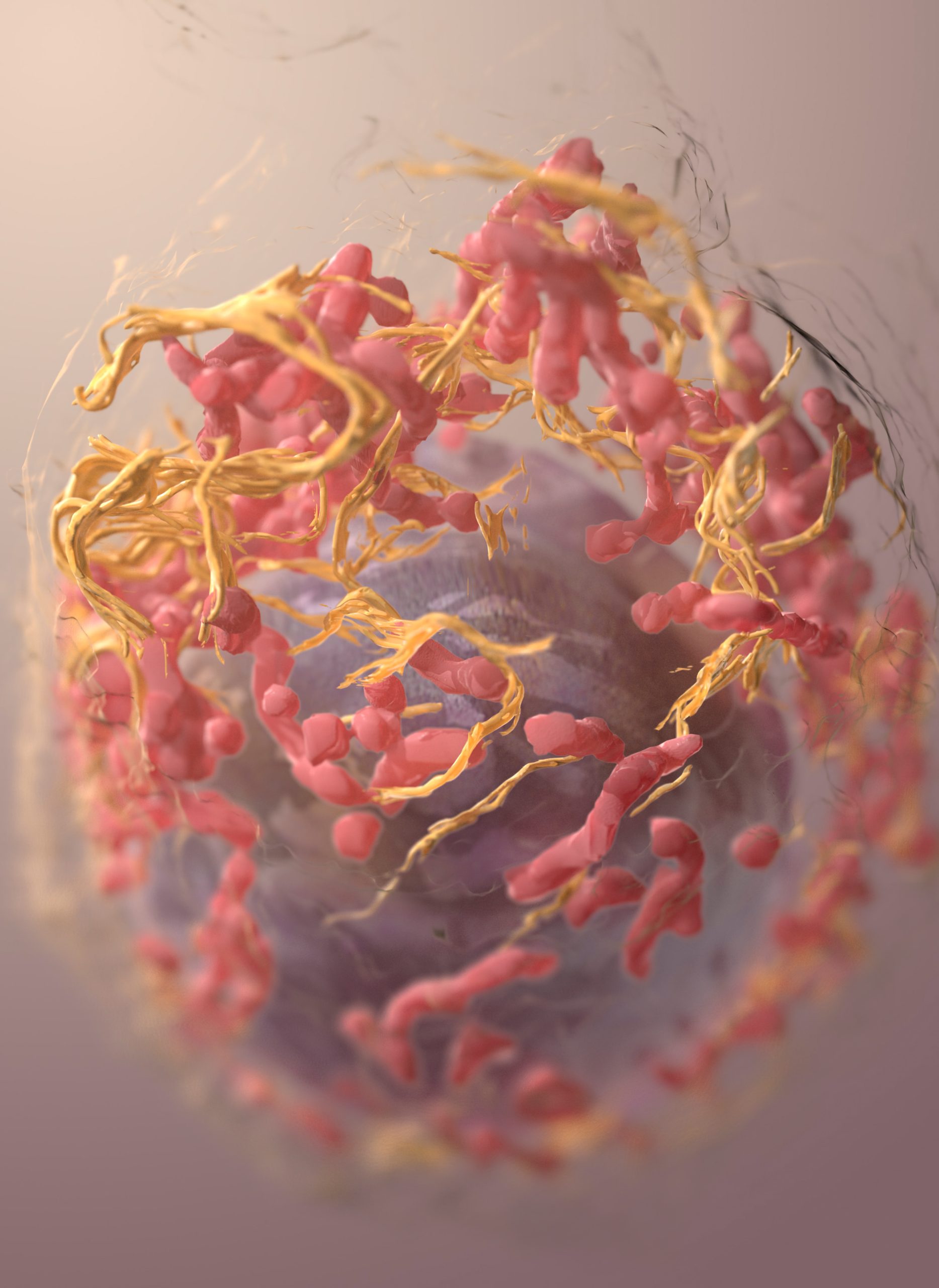In recent years, artificial intelligence (AI) has emerged as a transformative force across various sectors, from finance to healthcare. Among its most promising applications is in the field of reproductive health for women. As AI technologies continue to evolve, they are providing innovative solutions to complex challenges, offering new hope for enhancing women’s health and well-being.
Understanding Reproductive Health
Reproductive health is a critical aspect of overall health, encompassing a wide range of issues from menstruation and fertility to pregnancy and menopause. It involves not only the absence of disease or disorders but also the ability to have a safe and satisfying sex life, the capability to reproduce, and the freedom to decide if, when, and how often to do so. Despite its importance, reproductive health often faces challenges such as limited access to healthcare services, social stigmas, and a lack of personalized care.
The Role of AI in Reproductive Health
AI is poised to address many of these challenges by offering personalized, efficient, and accessible solutions. Here are some ways AI is enhancing reproductive health for women:
Personalized Fertility Treatments
One of the most significant applications of AI in reproductive health is in fertility treatments. AI algorithms can analyze vast amounts of data from medical records, genetic information, and lifestyle factors to predict the best treatment plans for individuals. For instance, AI can help identify the most fertile days for conception or suggest lifestyle changes to improve fertility outcomes. By personalizing fertility treatments, AI enhances the chances of successful pregnancies while minimizing the emotional and financial burdens on women and families.
Early Detection of Reproductive Health Issues
AI’s ability to process and analyze large datasets can lead to early detection of reproductive health issues such as polycystic ovary syndrome (PCOS), endometriosis, and even certain types of cancers. Machine learning models can identify patterns and anomalies in medical imaging, blood tests, and other diagnostic tools that might be missed by human eyes. Early detection allows for timely intervention, improving treatment outcomes and potentially saving lives.
Improving Maternal Health
Maternal health is a crucial component of reproductive health, and AI is playing a pivotal role in improving outcomes for pregnant women. AI-powered applications can monitor vital signs and predict potential complications during pregnancy, such as preeclampsia or gestational diabetes. These predictive models enable healthcare providers to intervene early, offering preventive care and reducing the risk of adverse outcomes for both mother and child.

Enhancing Access to Reproductive Health Services
Access to reproductive health services is often limited by geographic, economic, or social barriers. AI-driven telemedicine platforms are breaking down these barriers by providing remote consultations and personalized health advice. Women in remote or underserved areas can access expert guidance and support through AI-powered chatbots and virtual health assistants, ensuring they receive the care they need without the need for travel.
Empowering Women with Knowledge
AI is also empowering women by providing them with the knowledge they need to make informed decisions about their reproductive health. AI-driven apps and platforms offer personalized educational content, tracking tools for menstrual cycles, and insights into reproductive health patterns. With this information at their fingertips, women can take proactive steps in managing their health and advocating for their needs.
Challenges and Considerations
While the potential of AI in reproductive health is immense, it is not without challenges. Ensuring data privacy and security is paramount, as reproductive health data is highly sensitive. There is also a need to address biases in AI algorithms, which can arise from unrepresentative datasets. Ensuring that AI tools are inclusive and equitable is essential to avoid perpetuating existing disparities in healthcare.
Moreover, the integration of AI into healthcare systems requires collaboration between technologists, healthcare providers, and policymakers. Training healthcare professionals to effectively use AI tools and ensuring that these technologies complement, rather than replace, human expertise is crucial.
The Future of AI in Reproductive Health
The future of AI in reproductive health is promising. As AI technologies continue to advance, they will likely become more integrated into routine healthcare, offering even more sophisticated and personalized solutions. The potential for AI to revolutionize reproductive health extends beyond individual care to broader public health initiatives, such as tracking and predicting trends in reproductive health issues, thus informing policy decisions and resource allocation.
Furthermore, as AI becomes more accessible, it has the potential to democratize reproductive health services, ensuring that women from all walks of life can benefit from these innovations. By bridging the gap between technology and healthcare, AI is not only enhancing reproductive health for women but also paving the way for a more equitable and informed healthcare system.
Conclusion
AI is transforming the landscape of reproductive health for women by offering personalized, efficient, and accessible solutions to complex challenges. From personalized fertility treatments to early detection of health issues, AI is enhancing the quality of care and empowering women with the knowledge they need to make informed decisions. As we continue to navigate the integration of AI into healthcare, it is crucial to address challenges related to data privacy, biases, and equitable access to ensure that the benefits of AI are realized by all women. With continued innovation and collaboration, AI holds the promise of a brighter future for women’s reproductive health.









